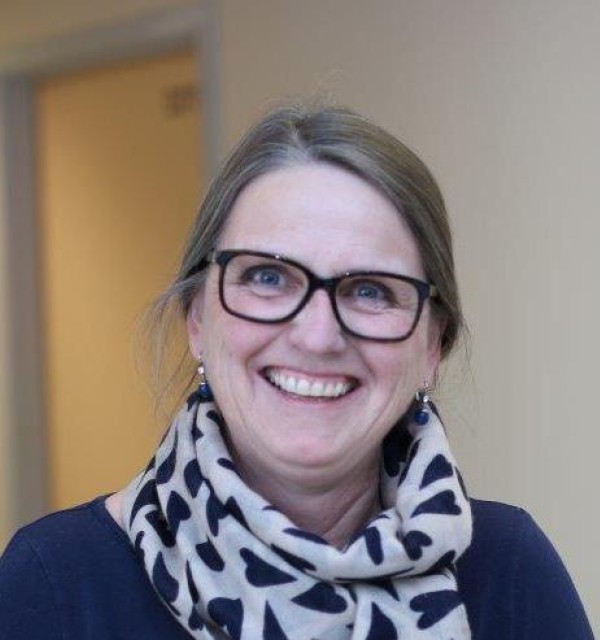Effective teamwork and sufficient communication are critical components essential to patient safety in today’s specialized and complex healthcare services. Team training is important for an improved efficiency in inter-professional teamwork within hospitals.
Randi Ballangrud, NTNU Gjøvik & SHARE
2016 - 2021
NTNU Gjøvik, University of Stavanger & Sykehuset Innlandet HF, Norwegian Nurses Association
The research project Teamwork in hospital aims to validate questionnaires measuring teamwork in healthcare, and to explore the impact of a longitudinal interprofessional TeamSTEPPS® teamwork intervention in a surgical ward. To address the aim of the project, a descriptive, an explorative design and a quasi-experimental interventional design was applied. The study was carried out in five different hospitals (A-E) in three hospital trusts in Norway, and included two different parts. Frontline healthcare personnel in Hospitals A and B, from both acute and non-acute departments, were invited to respond to three Norwegian translated teamwork questionnaires, which were tested for psychometric properties (Part 1).
An inter-professional teamwork interventio, in line with the TeamSTEPPS® recommend Model of Change, which is built upon John Kotter’s change model with eight steps for organizational change, was implemented in a surgical ward (intervention ward) at Hospital C. TeamSTEPPS®, which is the abbreviation for "Team Strategies and Tools to Enhance Performance and Patient Safety”, aims to improve patient safety by raising the competence in teamwork by focusing on team structure and the four team skills communication, leadership, situation monitoring and mutual support. The four team skills with associated tools and strategies were implemented over a period of 12 months, including training courses and refresher courses for all health professionals. All physicians, registered nurses and assistant nurses in the intervention ward and two control wards (Hospitals D and E) were invited to survey their perception of teamwork, team decision making, safety culture and attitude towards teamwork before intervention and after six and 12 months. Adult patients admitted to the intervention surgical unit were invited to survey their perception of quality of care during their hospital stay before intervention and after six and 12 months. Moreover, anonymous patient registry data from local registers and data from patients’ medical records were collected (Part 2).
Researchers
Co researchers
- Geir Vegard Berg, Sykehuset Innlandet (SIHF), NTNU i Gjøvik
- Thomas Moger, Sykehuset Innlandet (SIHF)
Advisory board
- Geir Vegard Berg, Sykehuset Innlandet (SIHF)
- Mari Grimsrud, Sykehuset Innlandet (SIHF)
- Linda Bergestuen, Sykehuset Innlandet (SIHF)
- Thomas Moger, Sykehuset Innlandet (SIHF)
- Ellen Pettersen, Sykehuset Innlandet (SIHF)
Back to SHARE




